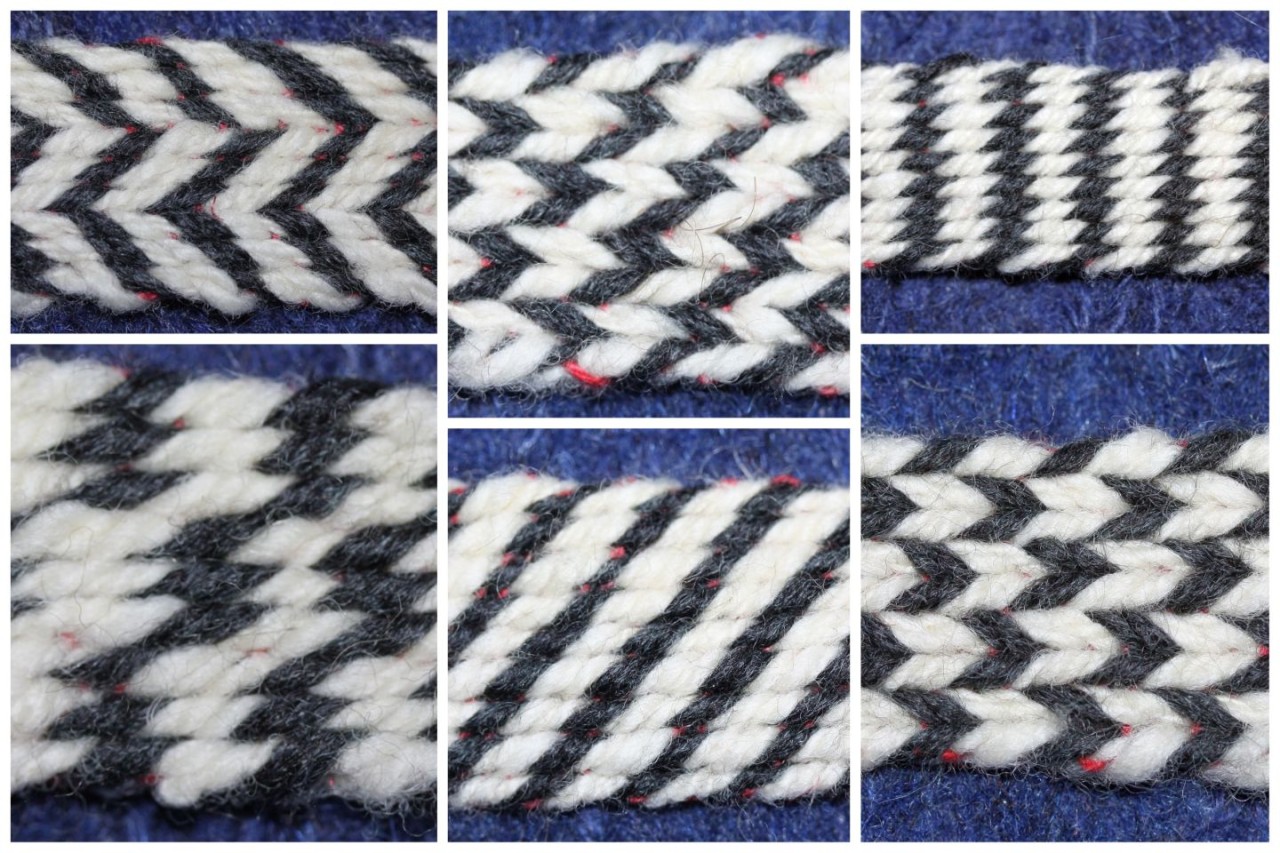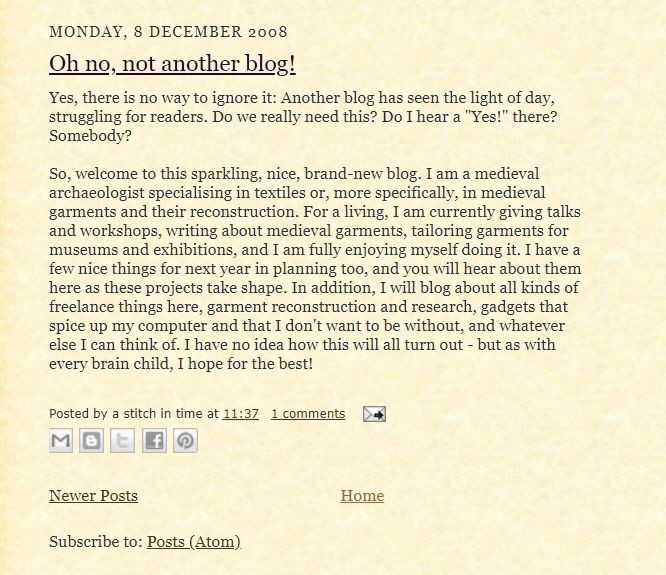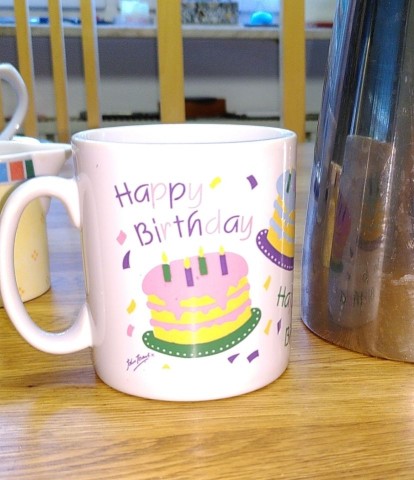Once upon a time, I gave a presentation about spinning at a conference, and now that presentation is being turned into an article. A peer-reviewed one... and I'm currently working on the peer's comments and input.
If you're not familiar with this process of peer-reviewed publishing, let me give you the quick rundown. You hand in your paper, the editor reads it and comments on it (though that stage is optional), and sometimes you're then asked to change/expand/amend things. After that, the draft is handed on to one or more reviewers; they usually get a list of questions to help them evaluate the paper, and to help the editor(s) evaluate the peers' feedback. Those questions usually include things like "Is the paper well-structured?" and "Does the paper add to scientific discourse on the topic?". Once the reviewers have sent back their feedback forms and the paper itself with their comments and suggestions for changes in it, you'll get the whole load back from the editors, without any indication of who your peer reviewers are. Then it's up to you to go through the feedback forms and comments, and use them to make your paper better.
If you're lucky, you are getting solid, constructive feedback on your content, pointing out where things are still unclear, or where something is missing. A peer review can also show how different views on a single topic can be, depending on the individual and their area of specialisation, or their academic background. Archaeologists, for instance, will look at other things, or at the same things differently, than historians or art historians.
In any case, once you've tweaked and added and changed and wrote your replies to comments for the editor to read, you send your paper back again. Then you might hear back from the editor once more, if there are still some things to resolve; otherwise it will go into the process of typesetting. Then you will see it once more for the final proofread... and after that, it's finally all done.
The peer review process is not perfect, but it will definitely help make a paper better by pointing out things that you have missed as an author. Whenever I get the reviews back, though, it takes me a while to process them before I can really get to work on them... it's critique, after all, and that always tends to hurt a bit, no matter how well-deserved, well-meaning, and well-phrased it may be.
After that initial bit of deep breathing and letting it sit for a day or two (or three), though, I've always ended up with a paper I felt was better than before. And, hooray, I'm almost done with the current one!






